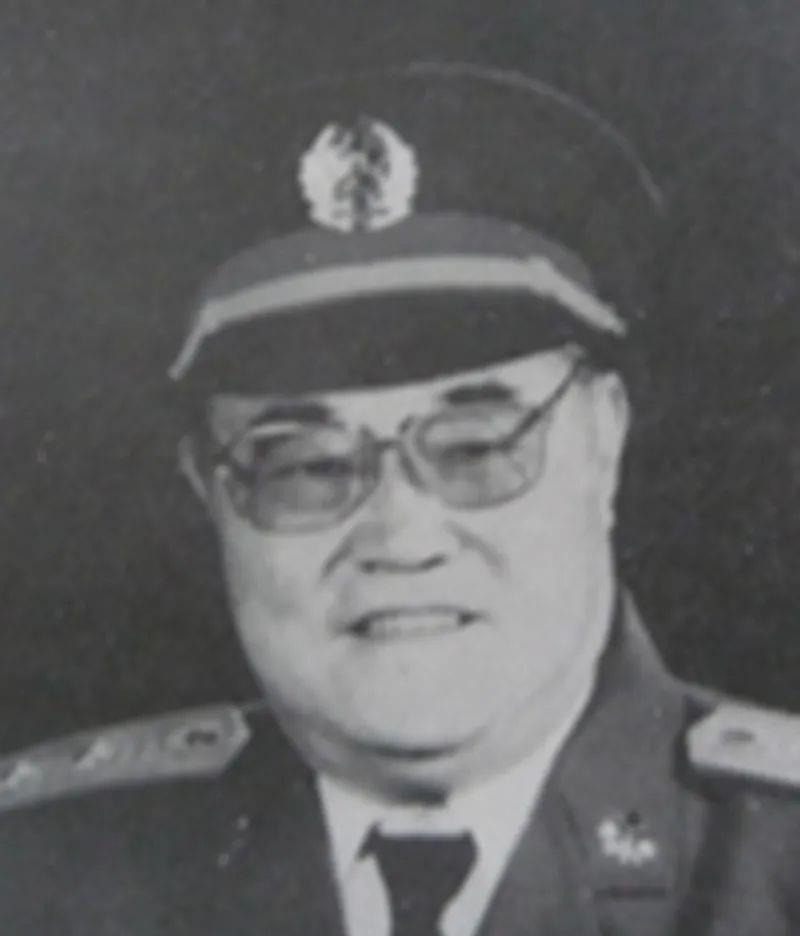During the revolutionary period, many outstanding generals emerged in our army, who devoted their lives to the revolution and persisted in their work even if they were sick. For example, in 1991, an outstanding general of our army insisted on working with illness and took a helicopter to Tibet to investigate combat readiness. Unfortunately, the helicopter he was travelling in suddenly encountered downdraft, causing the plane to crash into the mountain when it turned, killing all 13 people on the plane.

This outstanding general who dedicated his life to the revolution was Zhang Defu, who was then the deputy commander of the Chengdu Military Region. Zhang Defu was born in 1928 in Wenden, Shandong Province, to a poor family. When Zhang Defu was 14 years old, his father worked as a long-term worker for the landlord's family and died of exhaustion. Zhang Defu hated the old society and was forced to make a living, and the young Zhang Defu also began to herd cattle for the landlord's family. In 1944, during the War of Resistance Against Japanese Aggression, an Eighth Route Army team passed by Zhang Defu's side, and the platoon leader asked Zhang Defu if he wanted to join the army. Zhang Defu did not say a word and directly followed the team into the War of Resistance Against Japan.
Zhang Defu encountered a hard battle within three days of joining the army, and the troops began to clash with the Japanese army. Objectively speaking, at that time, Zhang Defu did not have professional military training, this kind of recruits on the battlefield death rate is very high, many new recruits who joined the army can not even survive the first battle, but Zhang Defu really responded to his name, luck is particularly good, he also lived safely until the end of the battle.
Zhang Defu fought bravely, and was promoted to squad leader shortly after joining the army, and he also followed the Eighth Route Army to witness the victory of the War of Resistance Against Japan. During the Liberation War, Zhang Defu went to the northeast, participated in the opening up of the northeast base area, participated in many important battles such as the Sibao Linjiang and the Tashan Blockade Battle, and was one of the heroes of the liberation of the northeast.
In particular, in the Battle of Sibao Linjiang, Zhang Defu's company repelled the enemy's charge nine times in a row, and at the end of the battle, there were three people left in the whole company, namely the cook, the company commander and Zhang Defu. At that time, the bullets had been exhausted, the enemy had once again launched a charge, in desperation, Zhang Defu found a cook, threw the cooking black pot from the top of the mountain, the enemy thought it was a new weapon, frightened and fled, soon after, reinforcements arrived, Zhang Defu They successfully defended the mountain.
After the Liaoshen Campaign, Zhang Defu followed the Fourth Field Army into The Pass, and they fought from the northeast to the south, liberating most of China. After the founding of the People's Republic of China, like most of the Siye officers, Zhang Defu also stayed in the Central South Military Region and entered the Central South Military and Political University to study. After graduating from the Central South Military and Political University, Zhang Defu entered the 41st Army and successively served as the chief of staff, deputy regimental commander, and regimental commander of the 121st Division.
Zhang was awarded the rank of major in 1955, and in 1962 he was promoted to lieutenant colonel. After that, Zhang Defu successively served as the commander of the 123rd Division of the Forty-first Army, the deputy commander of the Forty-seventh Army, and the commander of the army. In 1985, Zhang Defu was transferred to the Xinjiang Military Region and served as the deputy commander of the Xinjiang Military Region. In 1988, when the People's Liberation Army resumed its ranks, Zhang Wasfu was awarded the rank of lieutenant general.
Two years after the award, in 1990, Zhang Defu was transferred to the Chengdu Military Region as deputy commander of the Chengdu Military Region. Probably because of his long-term service in the northwest, Zhang Defu was already in poor health when he was transferred to the Chengdu Military Region, and it is reasonable to say that he was not suitable for inspecting work at high altitudes. In 1991, the Chengdu Military Region had a task, that is, to inspect the war readiness work in the tibet border areas. Unfortunately, on June 16, Zhang Defu's Black Hawk helicopter suddenly encountered downdraft, hit the mountain when turning, and all the people on the plane were killed, including Zhang Defu, who was only 63 years old.
After Zhang Defu's death, the Central Military Commission posthumously recognized him as a martyr, and this general who dedicated his life to the revolution will always be worthy of our remembrance. It is worth mentioning that because the plane crash was an emergency, and because when inspecting the combat readiness work, Zhang Taiheng, commander of the Chengdu Military Region, and others also took different helicopters to conduct inspections together; therefore, in this incident, Zhang Taiheng was responsible for leadership responsibility, and he was also dismissed from his post, and later demoted to the Nanjing Military Region as deputy commander.